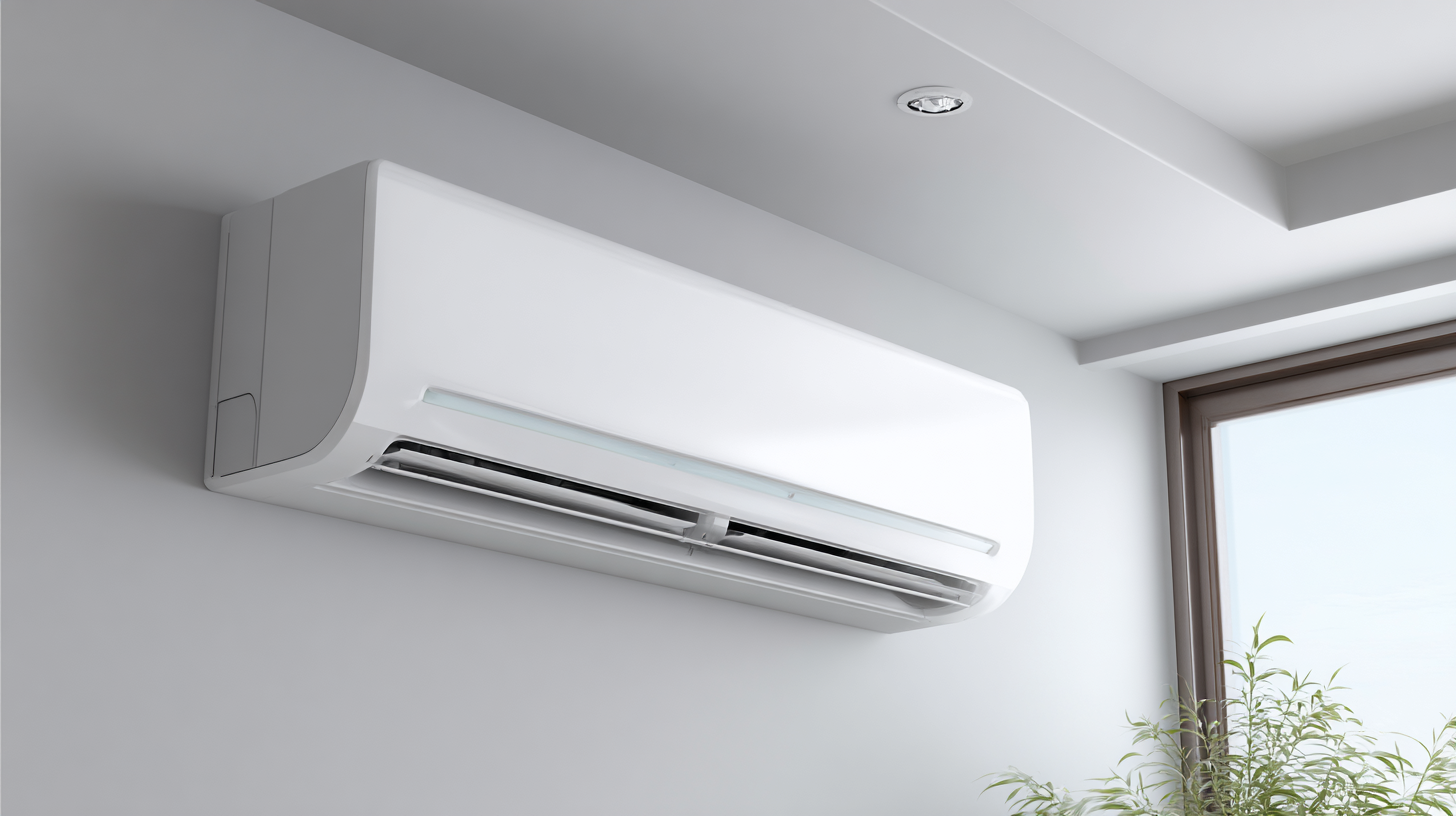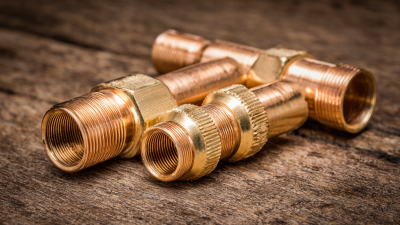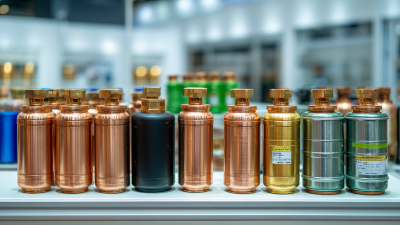




When it comes to maintaining a comfortable and efficient home environment, choosing the right Air Conditioner Dryer Filter is crucial. The filter plays a vital role in ensuring that your air conditioning system operates smoothly while keeping the air clean and healthy. However, with numerous options available on the market, selecting the best filter can be a daunting task.
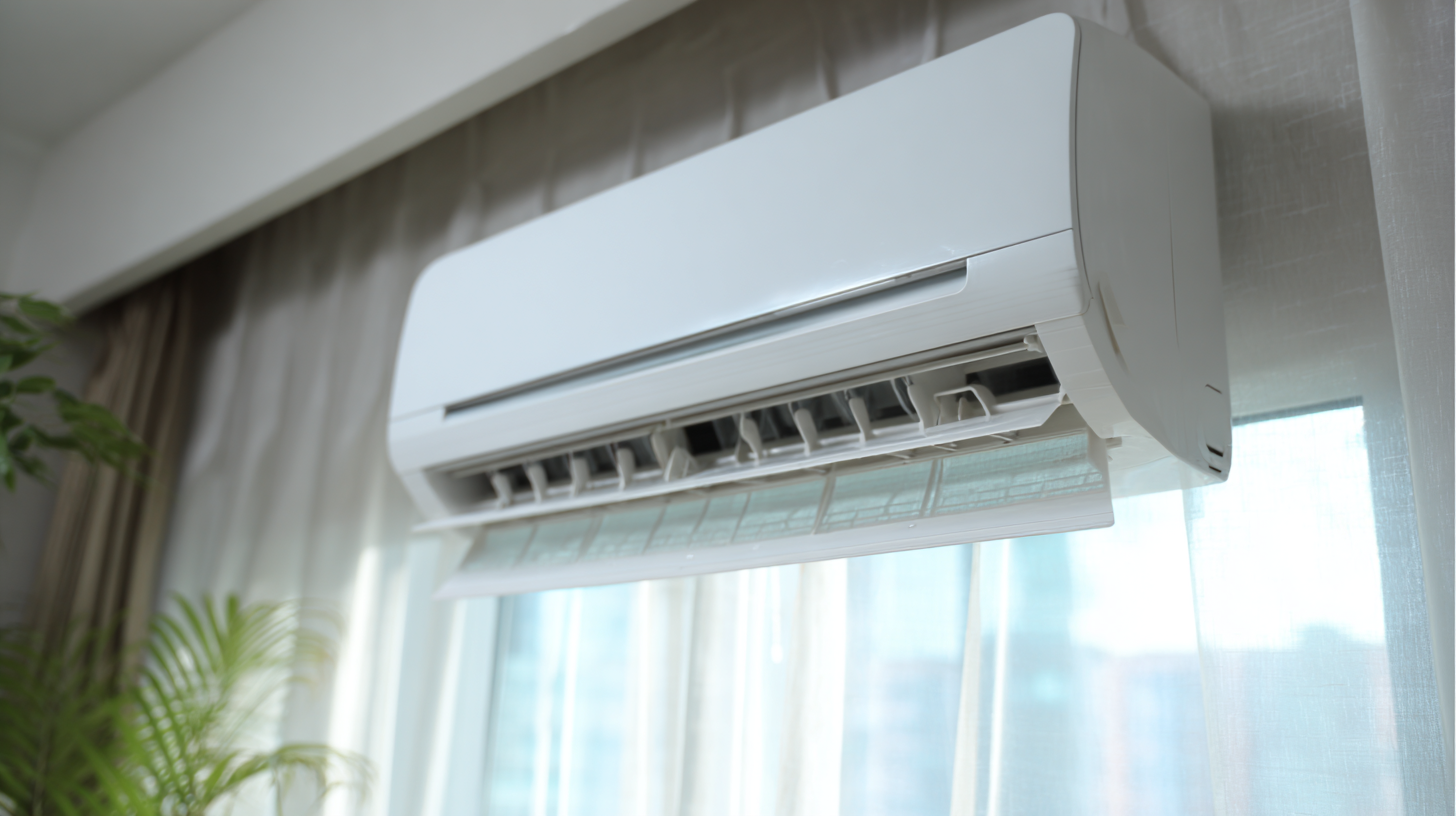
This blog will provide you with five essential tips to guide you in making an informed decision. Whether you are concerned about energy efficiency, air quality, or the longevity of your system, understanding the key factors involved in choosing an Air Conditioner Dryer Filter will empower you to enhance your home's comfort and reduce unnecessary expenses.
Join us as we explore these tips to help you select the perfect filter for your needs.
Air conditioner dryer filters play a crucial role in maintaining the efficiency and longevity of your HVAC system. Understanding the types and functions of these filters can help you make an informed decision when selecting the right one for your air conditioning unit. There are primarily three types of filters: fiberglass, pleated, and HEPA filters. Fiberglass filters are the most economical option but provide minimal filtration. Pleated filters, while slightly more expensive, offer better efficiency by capturing finer particles. HEPA filters, the gold standard, can trap 99.97% of particles 0.3 microns or larger, making them ideal for allergy sufferers.
When choosing a filter, consider the Minimum Efficiency Reporting Value (MERV) rating, which indicates the filter's efficiency in capturing particles. A higher MERV rating means better filtration. For most residential applications, a MERV rating between 8 and 13 is recommended. Additionally, be mindful of the filter's lifespan. According to industry research, filters should typically be replaced every 3 months, but if you have pets or allergies, monthly replacements may be necessary to maintain optimal airflow and air quality.
Tip: Always check the manufacturer’s recommendations for your specific air conditioning unit to ensure compatibility. Another tip is to invest in washable filters, as they are not only cost-effective in the long run but also environmentally friendly. Remember, selecting the right air conditioner dryer filter can significantly enhance your indoor air quality and the overall performance of your HVAC system.
When selecting an air conditioner dryer filter, several key factors should be considered to ensure optimal performance and longevity. First, it's essential to assess the filter type that matches your air conditioning system. There are various filters available, including fiberglass, pleated, and HEPA filters, each offering different levels of filtration efficiency. HEPA filters, while more expensive, are ideal for those with allergies as they trap smaller particles effectively.
Another important consideration is the filter's MERV rating (Minimum Efficiency Reporting Value). This rating indicates the filter's ability to capture particles of various sizes; a higher MERV rating signifies better filtration. However, it’s crucial to choose a filter that balances airflow and filtration efficiency, as excessively high MERV ratings may restrict airflow in certain systems. Additionally, regular maintenance of the filter, including timely replacements, is vital for maintaining the air quality and efficiency of your air conditioner. Always consult your system’s manual for recommendations on the most suitable filter options.
| Tip | Description | Key Factors |
|---|---|---|
| 1. Check Filter Size | Ensure the filter fits your air conditioner model for optimal performance. | Dimensions, Compatibility |
| 2. Assess MERV Rating | Choose a filter with an appropriate Minimum Efficiency Reporting Value to trap allergens effectively. | Filtration Efficiency, Air Quality |
| 3. Consider Material Type | Select filters made from durable and effective materials, such as HEPA or fiberglass. | Durability, Filtration Type |
| 4. Evaluate Filter Life | Look for filters with longer lifespans to reduce maintenance frequency and costs. | Lifespan, Maintenance |
| 5. Cost vs Performance | Balance initial cost with filter performance and longevity for best value. | Cost, Efficiency, Value |
When selecting an air conditioner dryer filter, understanding the impact of MERV (Minimum Efficiency Reporting Value) ratings is crucial for optimizing both air quality and energy efficiency. MERV ratings range from 1 to 16, with higher ratings indicating better filtration capabilities. Filters with higher MERV ratings can capture smaller particles, including dust, pollen, pet dander, and even some bacteria, significantly improving the indoor air quality. This is particularly beneficial for individuals with allergies or respiratory issues, as cleaner air can lead to a healthier living environment.
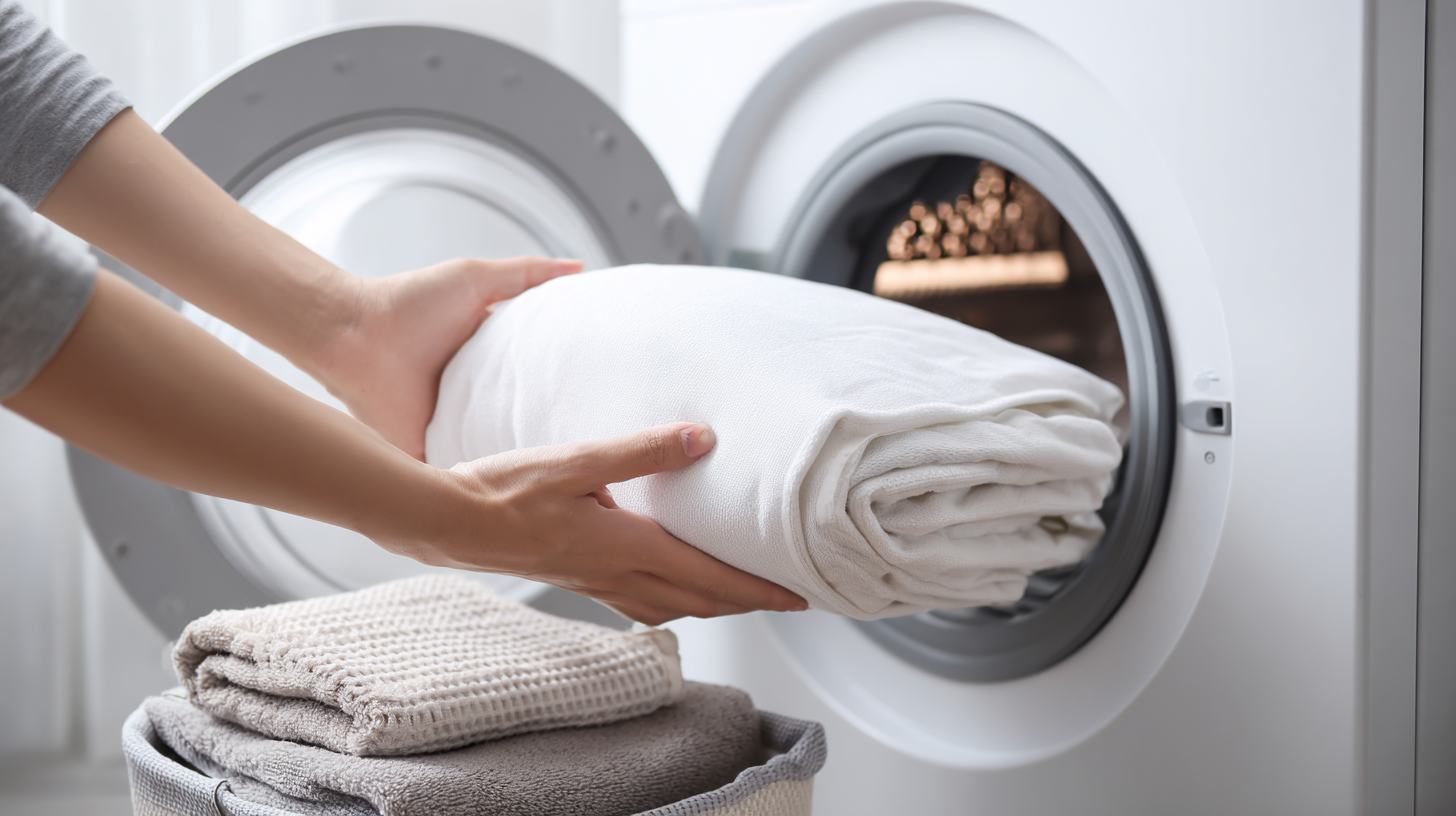
Furthermore, the impact of MERV ratings on energy efficiency should not be overlooked. While higher-rated filters can clean the air more effectively, they can also restrict airflow if not properly matched to your HVAC system. This restriction can cause your air conditioner to work harder, leading to increased energy consumption and higher utility bills. Thus, it’s essential to find a balance—choosing a filter that meets your MERV needs without compromising system performance. Regular maintenance and timely filter replacements are also key to ensuring both air quality and efficiency are maintained over time.
When it comes to maintaining your air conditioner, the filter often forms the backbone of efficient operation. Industry recommendations suggest that air conditioner filters should be checked at least once a month, especially during high-use seasons. According to the U.S. Department of Energy, a clean filter can improve the efficiency of your system by up to 15%, resulting in significant energy savings. Neglecting filter maintenance can lead to increased energy consumption and potentially shorten the lifespan of your unit.
One essential tip is to invest in high-quality filters, such as HEPA or MERV-rated filters, which trap finer particles and allergens more effectively. It's advisable to replace disposable filters every 1-3 months, depending on usage and environmental conditions. Moreover, permanent filters should be cleaned regularly, ideally every quarter, to maintain optimal airflow and efficiency.
Identifying the right maintenance interval is key. If you have pets, or live in a high-pollen area, consider changing your filter more frequently—potentially every 30 days. Additionally, scheduling regular professional inspections once or twice a year can help catch any issues early, ensuring your air conditioner runs smoothly and efficiently throughout its lifespan.
When choosing an air conditioner dryer filter, one of the most critical factors to consider is the balance between cost and quality. While it may be tempting to opt for the cheapest filter available, it’s essential to remember that quality filters often provide better long-term value. High-quality filters can effectively trap dust, allergens, and other particulates, leading to improved air quality and efficiency in your cooling system. Investing in a reputable brand may seem like a higher upfront cost, but it can save you money in energy bills and maintenance issues down the line.
Evaluating various filters can help you identify the right one for your needs. Look for filters with a high MERV (Minimum Efficiency Reporting Value) rating, which indicates their ability to capture smaller particles. Although these filters can be pricier, their effectiveness in maintaining your air conditioner's performance justifies the investment. In contrast, low-cost filters might save you a few dollars initially but can lead to clogged systems and diminished efficiency, resulting in higher energy consumption and repair costs. It's crucial to weigh the cost against the quality to ensure you make a well-informed decision that benefits both your wallet and your air conditioning system in the long run.
